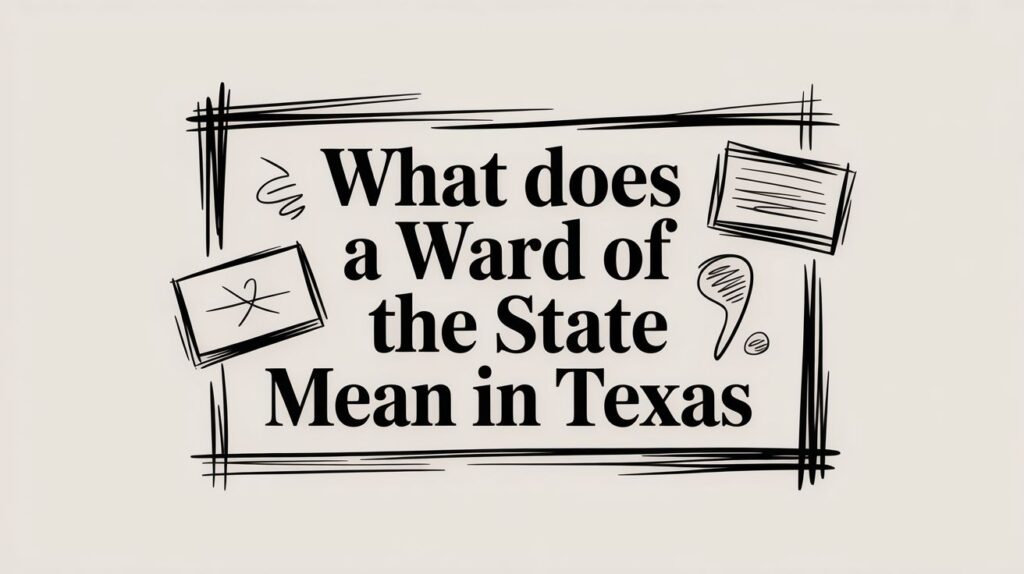Frequently Asked Questions
How can I navigate the probate process in Fort Worth?
Navigating the probate process in Fort Worth involves understanding legal requirements, filing necessary documents, and potentially resolving disputes. Seeking guidance from an experienced attorney can streamline this process and ensure compliance with local laws.
What should I consider when planning my estate?
When planning your estate, consider your assets, beneficiaries, and potential tax implications. It's essential to create a will or trust, designate power of attorney, and ensure proper documentation to safeguard your wishes and protect your loved ones.
How can a probate attorney assist me with my case?
A probate attorney can assist you with your case by guiding you through the probate process, ensuring legal compliance, managing estate assets, resolving disputes, and providing personalized advice to protect your interests during this challenging time.
What are the common challenges in probate matters?
The common challenges in probate matters include navigating complex legal processes, resolving disputes among heirs, managing debts and taxes of the estate, and ensuring proper asset distribution according to the deceased's wishes.
How do I choose the right probate lawyer in Fort Worth?
Choosing the right probate lawyer in Fort Worth involves researching their experience, client reviews, and expertise in estate matters. Schedule consultations to assess their communication style and approach to ensure they align with your needs.
What services does the Law Office of Bryan Fagan offer for probate issues?
The services offered by the Law Office of Bryan Fagan for probate issues include legal guidance through the probate process, estate planning, will execution, and personalized support to help clients navigate these complex matters effectively.
How can I protect my assets during the probate process?
Protecting your assets during the probate process involves creating a comprehensive estate plan, including a will and possibly trusts, to ensure your wishes are honored and minimize potential disputes or taxes. Consulting with a probate attorney can further safeguard your interests.
What is the importance of having a will in Texas?
The importance of having a will in Texas lies in its ability to clearly outline your wishes regarding asset distribution, guardianship for minors, and minimizing family disputes, ensuring that your estate is handled according to your preferences after your passing.
How can I schedule a consultation with a probate attorney?
Scheduling a consultation with a probate attorney is simple. You can contact the Bryan Fagan Law Office directly by phone or visit our website to fill out a consultation request form.
What are the steps in the probate process?
The steps in the probate process include filing the will with the court, appointing an executor, inventorying the deceased's assets, paying debts and taxes, and distributing the remaining assets to beneficiaries.
How long does probate take in Fort Worth?
The duration of probate in Fort Worth can vary significantly, typically ranging from a few months to over a year, depending on the complexity of the estate and any potential disputes that may arise.
What documents are needed for probate?
The documents needed for probate include the deceased's will, death certificate, and a petition for probate. Additional documents may include an inventory of assets and any relevant financial statements.
Can I handle probate without an attorney?
Handling probate without an attorney is possible, but it can be complex and challenging. It's advisable to seek legal guidance to navigate the process effectively and avoid potential pitfalls.
What are the costs associated with probate?
The costs associated with probate include court fees, attorney fees, and administrative expenses. These costs can vary based on the estate's complexity and value, so it's essential to consult with a legal expert for a detailed estimate.
How does probate differ from estate planning?
Probate differs from estate planning in that probate is the legal process of administering a deceased person's estate, while estate planning involves preparing for the management and distribution of assets during one's lifetime and after death.
What happens if there is no will?
If there is no will, the estate will be distributed according to Texas intestacy laws, which determine how assets are allocated among surviving relatives. This process may lead to complications and potential disputes among heirs.
How can I contest a will in Texas?
Contesting a will in Texas involves filing a formal objection in probate court, typically based on grounds such as lack of testamentary capacity, undue influence, or improper execution. It's advisable to consult with an attorney to navigate this complex process effectively.
What is the role of an executor in probate?
The role of an executor in probate is to manage the deceased's estate, ensuring that debts are paid, assets are distributed according to the will, and all legal requirements are fulfilled during the probate process.
How can I expedite the probate process?
The ways to expedite the probate process include ensuring all necessary documents are prepared in advance, minimizing disputes among heirs, and working with an experienced probate attorney to navigate complexities efficiently.
What are the tax implications of probate?
The tax implications of probate include potential estate taxes on the deceased's assets, which may be assessed before distribution to heirs. Additionally, beneficiaries may face income taxes on inherited assets, depending on their nature and value.
How can I ensure my will is valid?
Ensuring your will is valid involves meeting specific legal requirements, such as being of sound mind, signing the document in the presence of witnesses, and having it properly notarized if necessary. Consulting with an attorney can further safeguard its validity.
What is the difference between probate and non-probate assets?
The difference between probate and non-probate assets lies in how they are handled after death. Probate assets go through the court process for distribution, while non-probate assets transfer directly to beneficiaries without court involvement.
How can I find a qualified probate attorney?
Finding a qualified probate attorney involves researching local law firms, checking their credentials, and reading client reviews. Consider scheduling consultations to assess their experience and approach to handling probate matters effectively.
What should I do if a loved one passes away?
When a loved one passes away, it is important to take immediate steps such as notifying family and friends, arranging for the care of any dependents, and contacting a legal professional to guide you through the probate process and estate matters.
How can I avoid probate altogether?
Avoiding probate altogether can be achieved through strategies like establishing a living trust, designating beneficiaries on accounts, and holding property jointly with rights of survivorship. These methods help ensure your assets transfer directly to your heirs without court involvement.
What are the common mistakes in estate planning?
Common mistakes in estate planning include failing to create a will, not updating estate plans after major life changes, neglecting to consider tax implications, and overlooking the importance of beneficiary designations.
How can I update my will in Texas?
Updating your will in Texas can be done by creating a new will that revokes the previous one or by making a codicil, which is an amendment to the existing will. Ensure it meets Texas legal requirements for validity.
What is the significance of a living trust?
The significance of a living trust lies in its ability to manage and protect assets during a person's lifetime and streamline the transfer of those assets upon their passing, avoiding probate and ensuring privacy for beneficiaries.
How can I protect my heirs interests?
Protecting your heirs' interests involves creating a comprehensive estate plan, including a will or trust, to clearly outline asset distribution, minimize taxes, and reduce potential conflicts, ensuring that your wishes are honored and your heirs are safeguarded.
What are the benefits of hiring a probate lawyer?
The benefits of hiring a probate lawyer include expert guidance through complex legal processes, ensuring compliance with state laws, minimizing conflicts among heirs, and protecting the estate's assets, ultimately providing peace of mind during a challenging time.










